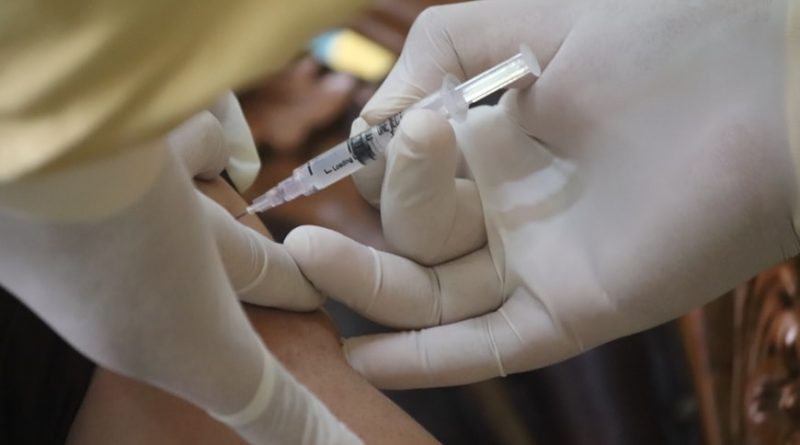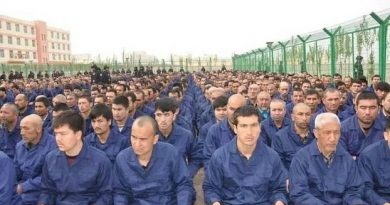WHO Declares Support for Sinovac Booster
Keshav Agiwal
Staff Writer
The World Health Organization (WHO) supported two Chinese-produced COVID-19 vaccines earlier this year in response to the increased need for international vaccine supply. While China has been exporting a significant number of vaccines, with around 1.2 billion being exported just last month, the WHO’s decision to recommend third doses for those who received either the Sinopharm or Sinovac vaccine has cast doubts on the efficacy of these Chinese-made vaccines, according to The Washington Post. The WHO previously noted gaps in data on the effectiveness of Sinopharm and Sinovac, mentioning that the organization has low confidence in the efficacy of the vaccine for people who are 60 years or older.
These doubts on the efficacy of these Chinese-produced vaccines can cause an increased demand for and supply strain on vaccines created by Pfizer and Moderna, which use newer technologies. This increase in demand will occur because vaccines cannot be made in places like developing countries which do not have the resources or technologies necessary for such advanced projects.
The WHO’s recommendation for a third dose came after a four-day meeting with the Strategic Advisory Group of Experts (SAGE) on Immunization, the South China Morning Post reports. SAGE believes that those who are moderately or severely immunocompromised should get an extra shot from another vaccine manufacturer, since these individuals are less likely to have a satisfactory response to the vaccine, leaving them at high risk of contracting COVID-19.
As the United Nations explains, the goal of the Global COVID-19 Vaccine Strategy is to immunize 40 percent of the world’s population in all countries by the end of 2021 and 70 percent of the population by the middle of 2022. To do this, countries must start by getting two doses out to everyone, and later give out the third dose. When the third doses are distributed, the strategy emphasizes that the eldest populations should be prioritized, followed by adults and children respectively.
Providing a third dose would require the distribution of millions of more doses, straining the already limited global supply of COVID-19 vaccines. WHO officials, therefore, have generally not been receptive to the idea of a third dose, as The Washington Post reports, since there are many low-income countries that yet to get first doses of the vaccine out.
“That’s a distinct thing from giving additional doses, booster doses, to people who have had an adequate primary response to vaccination,” WHO vaccine director Kate O’Brien said. This is why SAGE’s recommendation was for only certain groups to get a booster shot to meet the expected level of immunization. Despite the WHO’s guidance, countries like China have already started giving out third shots to populations not limited to just those over 60 years old.
Some research shows that although the COVID-19 vaccine triggers an increase in antibody levels, these levels are slowly falling. However, scientists are not sure whether this decline in levels means less protection against the virus, Nature reports. Further research in this area will help scientist determine whether boosters are necessary due to decreased immunity or emergence of new variants, like the Delta variant.
The WHO’s support for the Sinovac booster can be seen in two lights – either as a helpful measure in increasing the global populations immunity against the virus, or as a possible question on the effectiveness of the vaccine itself. As the demand and supply for vaccines will continue to change given these new updates and recommendations, it will be important for international actors and countries to work together with one another to create a world where global citizens can stay safe and healthy.


